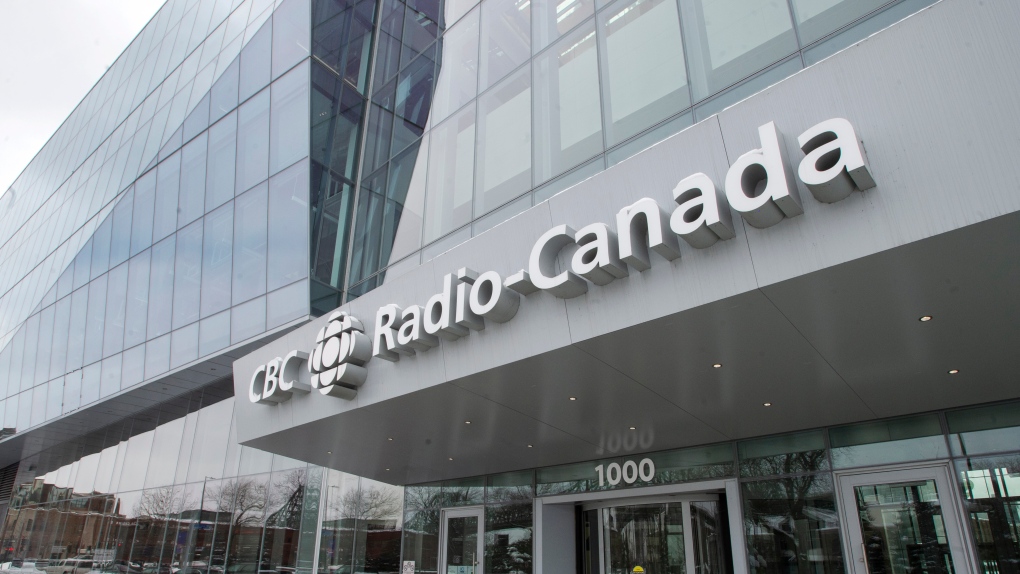CBC/Radio-Canada announced on Monday that it is halting its use of Twitter, one day after the social media platform labelled its main account as “government-funded media”. The broadcaster said that while Twitter can be a valuable tool for its journalists to communicate with Canadians, the labeling of its independence as “false” undermines the professionalism and accuracy of its work. CBC media relations director Leon Mar explained the decision in a statement, stating that as a result of the false description, they will be pausing their corporate Twitter account and all CBC and Radio-Canada news-related accounts.
CBC/Radio-Canada has announced that it will temporarily suspend its use of Twitter following the social media platform’s decision to label the broadcaster as “government-funded media.” The label appeared on CBC’s main Twitter account and is applied to outlets that receive funding from a government that can influence their editorial content. However, CBC media relations director Leon Mar has argued that the broadcaster does not meet the criteria for the label, since its funding is provided through parliamentary appropriation and its editorial independence is protected by law. CBC has sent a letter to Twitter asking the company to re-examine the designation.

Twitter has not commented on why the label was applied or whether it will be removed or changed. When asked for comment, the platform sent an auto-generated email with a poop emoji. The platform has recently changed its labelling policy for state-affiliated media, applying the new “government-funded media” label to outlets such as the BBC. This followed a previous decision to label National Public Radio (NPR) as “state-affiliated media,” which led the broadcaster to quit Twitter.
Dwayne Winseck, a professor at Carleton University’s School of Journalism and Communication, has described Twitter’s labelling of CBC’s account as “hugely problematic.” He believes that the move was intended to “delegitimize” CBC and public service media, highlighting the importance of social media platforms not having “unbridled power to unilaterally impose labels like this that have the effect of influencing the conditions and distribution of news media.” Vass Bednar, executive director of McMaster University’s Master of public policy in a digital society, has argued that CBC’s pause on Twitter is an opportunity to refresh the public’s understanding of the broadcaster’s funding and editorial independence. Bednar also suggested that public service broadcasters should work together to develop a shared strategy for dealing with the labelling policies of social media giants.
The Toronto House Canada.







